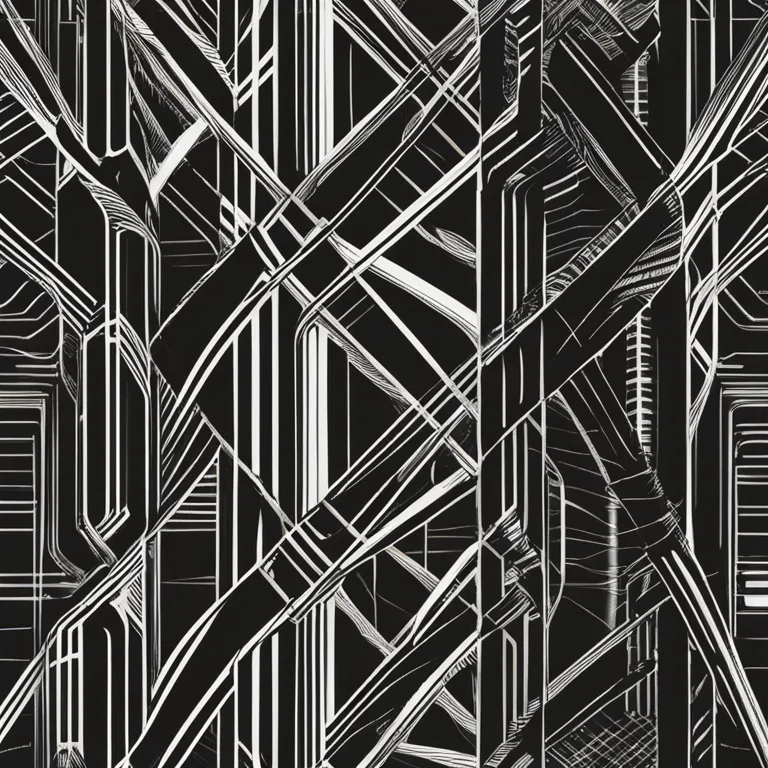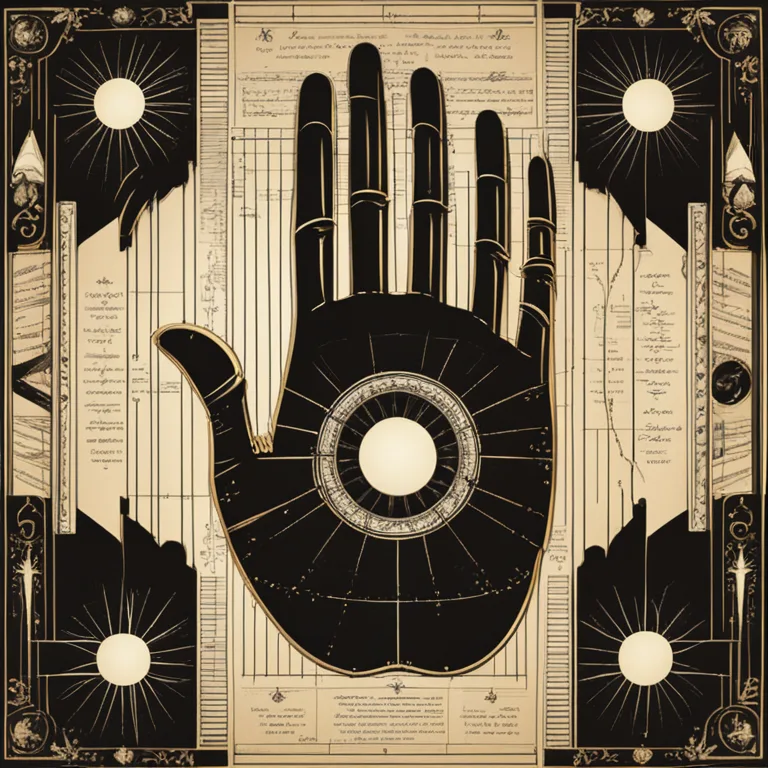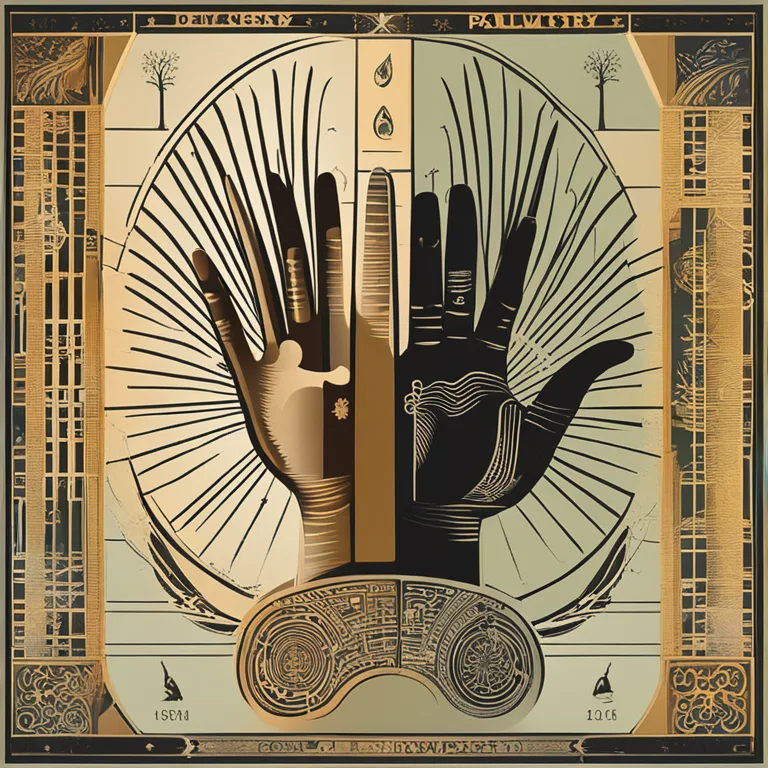
Is Palmistry Genetic? Tracing Palm Line Inheritance
The intricacies of palm lines have fascinated many for generations. This article delves into the question of whether palm lines are hereditary and what influences their formation.
article by Nora Pennington
The Basis of Palmistry
Palmistry, or chiromancy, has been a subject of human curiosity for ages. It is the art of analyzing a person's palm lines to glean insights into their personality and possibly predict their future. Enthusiasts believe that the patterns on one's palms, comprising the heart line, head line, life line, and fate line, among others, hold significant meaning regarding an individual’s character and life experiences. But an intriguing question that often arises is - are these palm features passed down from our ancestors, or are they unique to every individual?

Genetic Factors in Palm Lines
Scientifically, the formation of palm lines, known as dermatoglyphics, occurs during the fetal stage of development and is believed to be influenced partly by genetic factors. Studies have shown that certain characteristics of palm lines can run in families. However, it's essential to realize that this does not imply that the lines predict the same destiny for any given lineage. Genetics may determine the basic structure of palm lines, yet they are not the sole contributing factor.

Influence of Environmental Factors
The environment plays a crucial role in shaping our palm lines. Factors such as hormonal levels, nutrition, and maternal health during pregnancy can significantly alter the development of a child's palm lines. As a result, even identical twins, who share the same genetic make-up, can exhibit different palm patterns, suggesting that heredity isn’t the only determinant of these unique physical traits.

The Evolution of Palmistry Interpretations
Over the years, palmistry has evolved, integrating both mystical traditions and emerging scientific findings. The palmistry community currently recognizes that while there may be genetic overlaps in palm lines, the interpretations do not rely solely on heredity. Each individual's palm is read as a unique tapestry of their life – one that carries potential family traits while also being shaped by personal experiences and choices.

The Unpredictable Nature of Palm Lines
The unpredictability of palm lines suggests a certain mystique that keeps palmistry enthusiasts intrigued. If palm lines were purely hereditary, predictions could become too deterministic, undermining the belief that individuals can change their destinies. It is this blend of potential genetic influence and the impact of life’s myriad forces that keep palmistry an open and dynamic field for exploration.
The Verdict on Hereditary Palm Lines
In conclusion, while there is a hereditary component to the formation of palm lines, they are not solely passed down from our ancestors. The crisscrossing lines on our palms are as much a product of our genetic inheritance as they are of the unique environmental factors that influence our development. Thus, while one may find similarities in family members’ palms, the full picture of one's palmistry profile is not pre-written in the family genes alone.
Published: 1/3/2024
Modified: 1/3/2024
More predictions
Come back here soon to learn more about yourself and your future


The Intersections of Palmistry & Psychology
Examine palmistry's role and presence within the field of modern psychology.


The Significance of Palmistry Mounts
Delve into the mystical landscape of your hands with insights on palmistry mounts, revealing the connection between our palms and personality traits.


The Ring of Solomon in Palmistry
The Ring of Solomon is a palmistry feature with roots in myth and mystique. Discover its meaning and implications for wisdom and intuition.